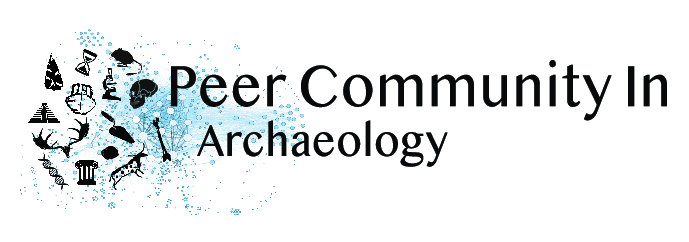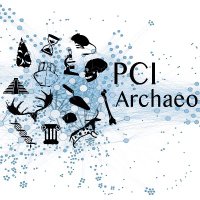The Demodifier: a tool for screening modification-induced alternate peptide taxonomy in palaeoproteomics
This article has been Reviewed by the following groups
Discuss this preprint
Start a discussion What are Sciety discussions?Listed in
- Evaluated articles (Peer Community in Archaeology)
Abstract
In palaeoproteomic research, the accuracy of taxonomic matches is crucial, as research questions frequently hinge on which species were utilised by ancient people. However, protein modifications including deamidation of glutamine and asparagine, and conversion of glutamine or glutamic acid to pyroglutamic acid, can change the sequence of peptides, leading to spurious taxonomic detections and potentially inaccurate archaeological interpretations. While a handful of examples of this phenomenon have been reported in the literature, the issue is potentially much wider reaching than currently realised. In reality, any time a peptide containing a deamidated glutamine or asparagine residue, an unmodified glutamic acid or aspartic acid residue, or a pyroglutamic acid modification is detected by proteomic search software, the sequence, and therefore potentially its taxonomy, may be incorrect, which could potentially lead to unsound archaeological interpretations. The Demodifier is a fast, open source tool which solves this issue by screening for modification-induced alternate peptide taxonomy, enabling archaeologists to make informed interpretations of the taxonomies of peptides detected in ancient samples. To assess its utility, the Demodifier is tested against an archaeological dataset containing all unique peptides reported in palaeoproteomic studies of dental calculus and vessels. The results reveal that modification-induced alternate peptide taxonomies are severely under-reported, occurring 15% more frequently than previously understood. Modifications were found to produce three different types of inaccurate taxonomic matches: those which yielded completely different taxonomic lowest common ancestors to the input peptide, those which were more taxonomically specific than the input peptide, and those which were less taxonomically specific than the input peptide. The Demodifier therefore enables the rapid detection of potentially inaccurate peptide taxonomies, avoiding spurious archaeological interpretations in future studies.


